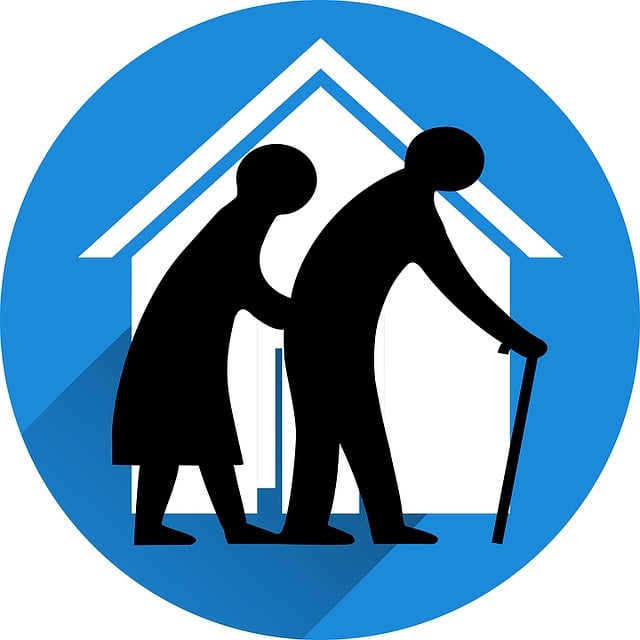Environmental toxins prevalent in Pennsylvania pose significant risks to vulnerable seniors, contributing to health issues like cognitive decline and immunosuppression. This makes the elderly more susceptible to sexual abuse, a concern addressed by specialized elderly sexual assault law firms in PA. Recent research links environmental pollutants to increased risk of exploitation among seniors, impacting memory and judgment. Legal frameworks protect the elderly from sexual abuse, with confidential reporting and supportive environments encouraged. A comprehensive strategy is needed, including awareness raising, education, healthcare check-ins, and accessible support systems. Collaboration between local entities, professionals, and community organizations is vital for a safe environment.
In Pennsylvania, environmental toxins pose a hidden yet significant threat to the elderly population’s well-being, including their vulnerability to sexual abuse. This article explores the intricate link between toxic exposure and elevated risk for elder sexual assault. We delve into the prevalence of environmental toxins in the state, the unique susceptibilities of the aging population, and the resulting societal implications. By understanding these factors, we aim to highlight the urgent need for improved legal protections, prevention strategies, and support systems for elderly victims, as recommended by top elderly sexual assault law firms in PA.
Understanding Environmental Toxins and Their Prevalence in Pennsylvania
In Pennsylvania, environmental toxins are a pervasive issue that often goes unnoticed, particularly in vulnerable populations like the elderly. These toxins can include pollutants in air, water, and soil, as well as hazardous substances found in homes and communities. According to reports from an elderly sexual assault law firm in PA, areas with higher levels of industrial activity or poor environmental regulations tend to have elevated risks for various health issues, including cognitive decline and immunosuppression—factors that can increase the vulnerability of seniors to sexual abuse.
Common environmental toxins like lead, asbestos, and certain chemicals used in agriculture or industry have been linked to long-term health consequences. For elderly individuals, these toxins can exacerbate existing conditions, weaken their immune systems, and impair cognitive functions, making them more susceptible to exploitation. Understanding the prevalence and impact of these environmental hazards is crucial for developing strategies aimed at protecting Pennsylvania’s seniors from sexual abuse and ensuring their overall well-being.
The Vulnerabilities of the Elderly Population to Toxic Exposure
The elderly population in Pennsylvania, like many across the nation, faces unique challenges, particularly when it comes to environmental toxins and their impact on overall health and vulnerability. As individuals age, their bodies become less efficient at filtering and eliminating toxins, making them more susceptible to the harmful effects of pollutants in the air, water, and soil. This heightened vulnerability extends beyond physical health; it significantly increases the risk of sexual abuse and assault.
Environmental toxins, such as those released from industrial activities, transportation emissions, and improper waste disposal, can contribute to a range of health issues in seniors. These include respiratory problems, cardiovascular diseases, and cognitive decline, all of which render them more vulnerable to exploitation. Elderly sexual assault law firms in PA often see cases where individuals with compromised health due to toxic exposure are targeted by predators who take advantage of their reduced ability to protect themselves or comprehend the consequences of such actions.
Linking Environmental Toxins to Increased Sexual Abuse Risk
In recent years, researchers have explored an intriguing connection between environmental toxins and elevated risks of elderly sexual abuse in Pennsylvania. This burgeoning field of study suggests that exposure to certain pollutants can contribute to a higher vulnerability among the aging population. For instance, toxic chemical substances found in contaminated air, water, and soil may impair cognitive functions and decision-making abilities, making older individuals more susceptible to exploitation and manipulation.
An elderly sexual assault law firm in PA highlights this growing concern, emphasizing that understanding the interplay between environmental toxins and abuse risk is crucial for developing effective prevention strategies. As these pollutants can affect memory, judgment, and overall mental acuity, they may create an environment conducive to predator-victim dynamics, particularly targeting those who are defenseless or susceptible due to cognitive impairment.
Legal Frameworks and Protections for Elderly Victims in PA
In Pennsylvania, the legal frameworks protecting the elderly from sexual abuse are robust, with various laws in place to deter and punish perpetrators. The state has specifically addressed the issue of elder sexual assault through comprehensive legislation, aiming to safeguard vulnerable seniors. Elderly sexual assault law firms in PA play a crucial role in advocating for victims’ rights and ensuring that justice is served. These legal professionals are well-versed in navigating complex laws and providing specialized support to those who have suffered such crimes.
The state’s statutes define elder abuse and establish clear guidelines on what constitutes sexual exploitation of the elderly. Legal protections include strict confidentiality requirements, allowing victims to seek help without fear of public disclosure. Moreover, Pennsylvania offers financial incentives for victims to come forward, recognizing that reporting such abuse can be challenging due to sensitivity and potential shame. These legal safeguards are designed to encourage reporting and provide a supportive environment for elderly sexual assault survivors in PA.
Strategies for Prevention, Detection, and Support: A Call for Action
In the fight against elderly sexual abuse, a multi-faceted approach is crucial. Prevention strategies must include raising awareness among both the elderly and their caregivers about the signs and risks of exploitation, especially in communities with high environmental toxin levels, as these may increase vulnerability. Education programs can empower seniors to make informed decisions and recognize potential predators.
Detection methods should involve regular check-ins by healthcare providers and social workers, particularly for those living alone or in areas with known pollution hotspots. An elderly sexual assault law firm in PA can play a vital role in facilitating these checks and providing resources for survivors. Support systems must be accessible, offering confidential counseling and legal aid to help victims recover and pursue justice. Collaboration between local authorities, healthcare professionals, and community organizations is essential to create a safe environment for Pennsylvania’s elders.





